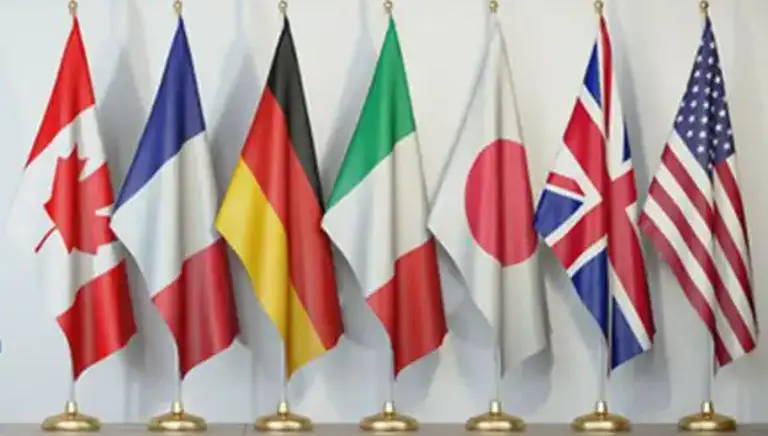UK-India trade agreement does not support UK life sciences ambitions, says ABPI
The UK government has announced a new free trade agreement with India.
The ABPI is disappointed that the deal does not appear to address longstanding industry concerns about intellectual property protections for UK life science innovators within the Indian market, particularly the need for regulatory data protection. This will prevent our sector from realising the true potential of this deal.
In response to the news, Richard Torbett, ABPI Chief Executive, said: “As one of the UK’s largest exporting sectors, it’s disappointing that this deal seemingly won’t support the UK’s growth ambitions for pharmaceuticals.
“Robust intellectual property protections are fundamental for the innovation our companies deliver, but we believe an opportunity has been missed by the UK to demonstrate a commitment to high IP standards for our sector in this agreement.
“We urge the government to use ongoing negotiations with other key trading partners, including the EU, US, and Switzerland, to deliver agreements that better support Britain’s pharmaceutical industry.”
Key facts about the UK pharmaceutical sector:
- The pharmaceutical industry invests £9 billion a year in UK research and development
- The industry delivers £17.6 billion in direct gross value added (GVA) to the British economy
- The pharmaceutical sector is the UK’s third-largest good exporting industry at £26.1 billion.
- The medicinal and pharmaceutical products are in the top 5 goods imported to the UK from India in the four quarters to the end of Q3 2024, accounting for £656.9 million, 6.3% of total goods imported
- The UK exported £127.14 million in medicinal and pharmaceutical products to India in 2024. [1]
- International
- Intellectual Property
- Economy and Industry
- Free Trade Agreements
- G7
- Trade
Last modified: 07 May 2025
Last reviewed: 07 May 2025

